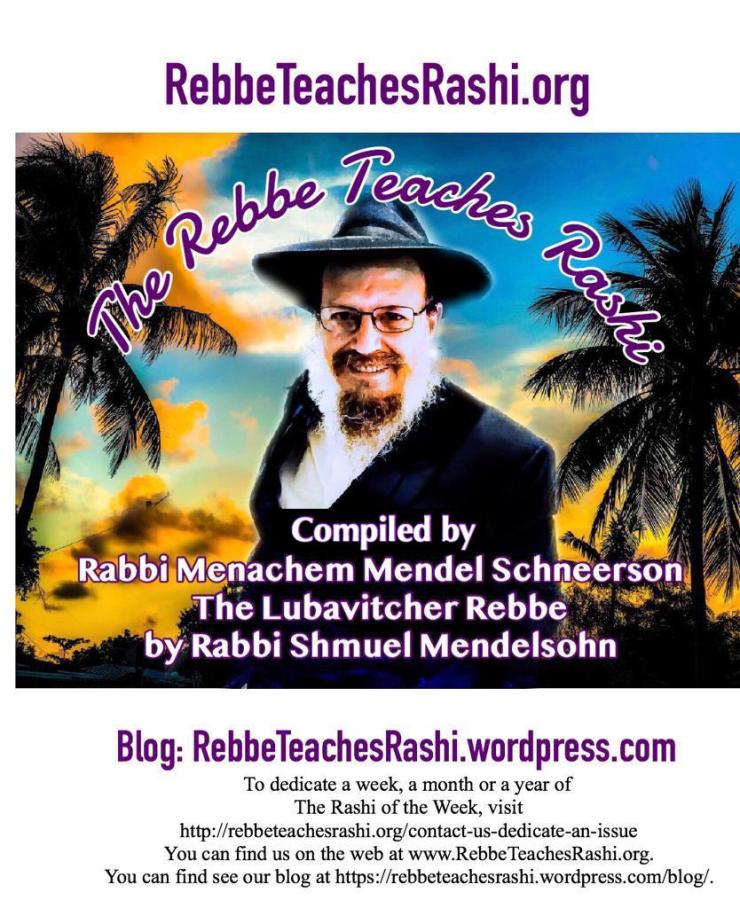This week’s Torah portion, Ki Seitzei, begins by telling us the laws which apply[1] “If you go out to war against your enemies, and Hashem delivers him into your hands, and you take his captives …” Rashi cites the words “if you go out to war,” and explains that “The verse here is referring to an optional war.”
Upon entering Israel, the Jews were commanded to conquer specific nations in order to acquire the land which they would inherit. These were wars which the Jews were commanded to fight. If the Jews wished to expand their land, under certain circumstances they were permitted to wage a war. This war is optional, i.e. they were not commanded to fight it.
The word Torah is derived from the Hebrew word meaning lesson, or teaching. In works of Chassidic philosophy, we are taught that “going out to war against your enemies” refers to the ongoing battle of the Good Inclination against the Evil Inclination. This is in keeping with what we find that[2] “the time of Tefillah (prayer) is the time of war.” However, we need to understand what specific lesson can we learn about waging an optional “war against your enemy” from the Parshah?
There are two manners of dealing with the Yetzer Hora. One can either wage war against it, or overcome it in a peaceful manner[3]. The battle against evil is conducted through prayer, as quoted above from the Zohar. The peaceful manner of overcoming the Evil Inclination is accomplished through Torah study. Regarding Torah it is written that[4] “Its ways are ways of pleasantness, and all of its paths are peace.”
Through prayer, one refines the world “from the bottom up.” One begins from below, and ascends to the Divine. The Jew must be enmeshed within the Animal Soul in order to elevate it to holiness. Torah study, on the other hand, draws G-dliness down into this world. By bringing the Divine into his soul, the Evil Inclination of he who studies is automatically refined.
That explains why engaging in the battle against evil through Tefillah is called an “optional war.” There is another, easier way to engage the Animal Soul; we can defeat it through Torah.
May we all exert ourselves both in Tefillah and Torah even beyond what we believe to be our capacity. Thereby we will assure that each of us will be inscribed and sealed for a good year in all respects. Wishing one and all a good Shabbos!
Rabbi Shmuel Mendelsohn
Adapted from Likkutei Sichos Volume 14, Page 85
IN LOVING MEMORY OF OUR FATHER
Mr. Sholom Moshe Hacohen
ben Reb Shlomo Meir Hacohen ע”ה Cohen
Passed away Shabbos Parshas Beshalach, 13 Shevat, 5779
May His Soul be bound in the Eternal Bond of Life
*
DEDICATED BY HIS DAUGHTER AND SON-IN-LAW
RABBI SHMUEL AND RIFKA שי’MENDELSOHN
* * *
לעילוי נשמת
ר’ שלום משה הכהן בן ר’ שלמה מאיר הכהן ע”ה כהן
נפטר ש”ק פ’ בשלח, י”ג שבט, ה’תשע”ט
ת. נ. צ. ב. ה.
*
יו”ל ע”י בתו וחתנו שיחיו
הרה”ת ר’ שמואל ורבקה שי’ מענדלסאהן
[1]. Our Parshah, Devorim 21:10.
[2]. This is a teaching of the Zohar which is quoted in Likkutei Torah at the beginning of our Parshah, and in a number of other places. See also Zohar Section I, Page 240, a and Zohar Section III, Page 246, a.
[3]. The difference between these two is explained at length in the discourses beginning Tanu Rabbanan Ner Chanukah 5659, and Vayomer Moshe 5704.
[4]. Mishlei 3:17.

